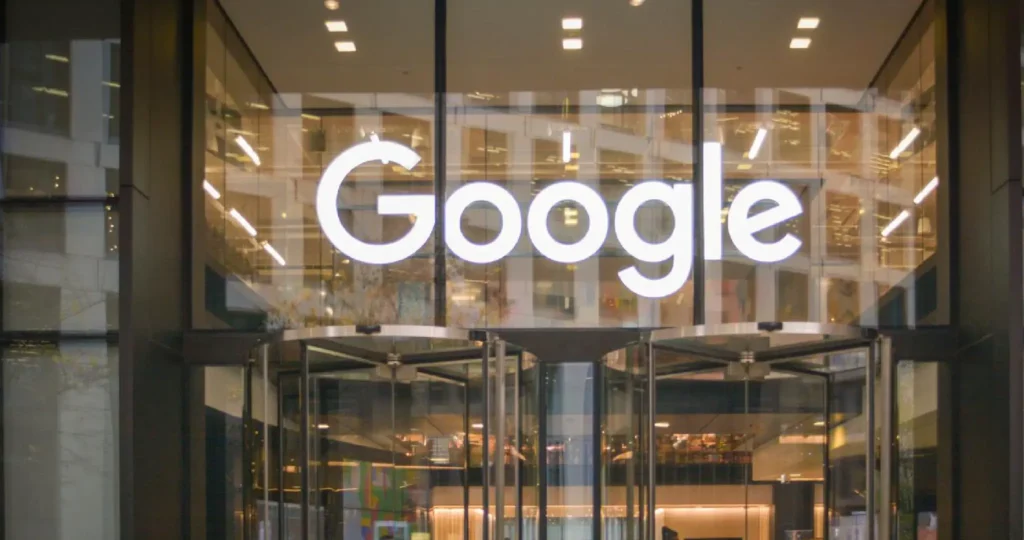In a major legal development, Google faces a setback in its ongoing battle with Epic Games, the developer of the widely popular game Fortnite. U.S. District Judge James Donato has ruled that Google must open up its Android ecosystem to accommodate third-party app stores.
According to various online reports, the court’s decision stipulates that Google can no longer mandate the Google Play billing system for apps available on the Play Store. This billing system, often referred to as the “Google tax,” imposes a fee on developers for in-app purchases and subscription services.
Main aspects of the judgment
- Abolition of “Google Tax”: Google has been asked to stop enforcing a billing system for apps distributed via the Play Store.
- Developer freedom: Android developers must be able to inform users about alternative payment methods within the Google Play Store.
- Pricing autonomy: Developers can set their own prices for their apps, independent of Play Store billing policies.
- Prohibition of exclusive transactions: Google is prohibited from encouraging developers to launch apps exclusively on the Play Store, including by offering financial benefits.
- Restrictions for device manufacturers: Google must refrain from offering financial incentives to manufacturers such as Samsung, Xiaomi, and Oppo to pre-install the Play Store on their devices.
Epic Games and Google’s response
Epic Games CEO Tim Sweeney expressed enthusiasm for the ruling, saying, “Epic Games Store and other app stores will be coming to the Google Play Store in the US in 2025. % app tax. Thank you.” We won Epic vs. Google. ” This comment highlights the impact this ruling will have on the competitive environment for app distribution.
Google, by contrast, has expressed concern about the impact of the court’s decision. The company said that while the changes may meet Epic’s demands, they could have unintended consequences that negatively impact consumers, developers, and device manufacturers. Google is also appealing the ruling in a case that began in August 2020.
It’s worth noting that Epic Games has launched similar legal actions against both Apple and Google. However, the court sided with Apple, and as a result, Epic remained banned from the App Store. The U.S. Supreme Court also rejected Epic’s appeal to force Apple to allow competing app stores and change payment regulations.
The court’s decision represents a pivotal moment in the ongoing debate over app store policies and developer rights. Google is preparing to appeal the decision, but the impact on both companies and the broader app ecosystem remains to be seen.


